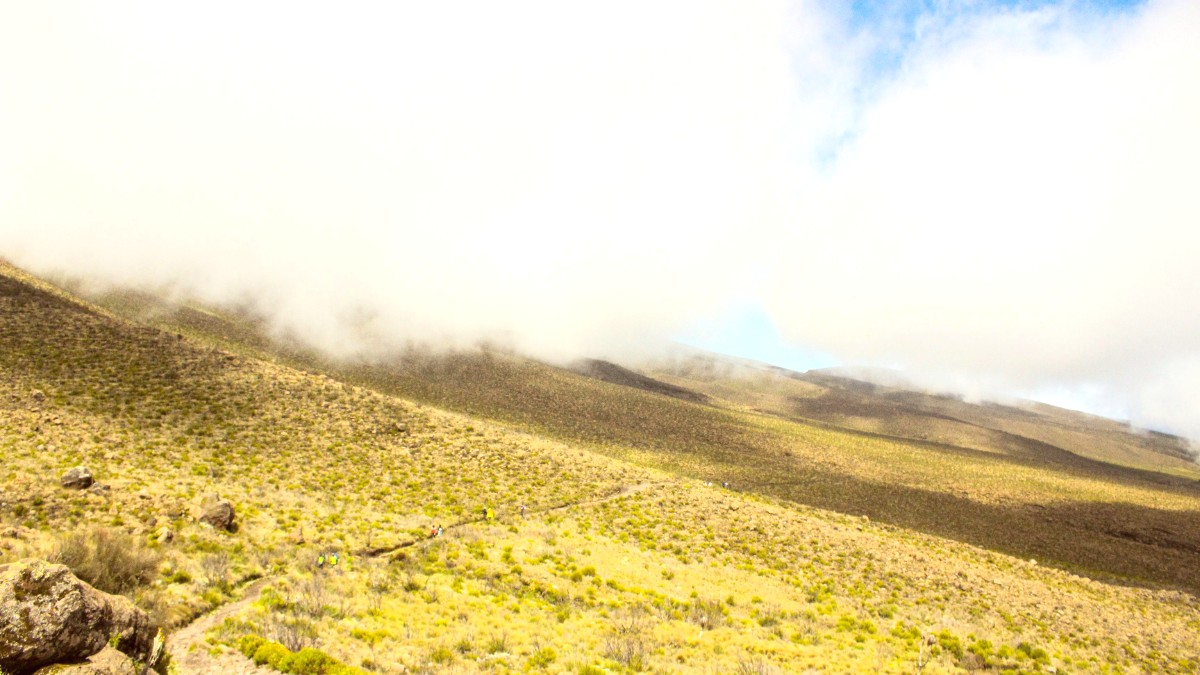
Tanzania
Dala-dalas are the most common form of local public transport. These minibuses operate on fixed routes. They offer an affordable way to move around towns. They can be crowded.
Public transportation, especially dala-dalas, is not accessible for travelers with mobility challenges. This is due to crowded conditions, steps, and a lack of ramps.
Fares are paid in Tanzanian Shillings (TZS) cash. Keep valuables secure. Avoid using dala-dalas after dark for safety.
Ask hotel or trusted local for route guidance. Confirm fare before boarding. Be ready for crowded conditions. A local SIM for maps is a benefit.
Requires valid national driving license and International Driving Permit (IDP). Minimum age 23-25. Local rental companies exist. Self-driving is generally not recommended due to road conditions and safety.
Available in some areas. Not recommended for tourists due to significant road safety risks, lack of helmets, and challenging traffic.
No formal sharing programs. Some hotels may offer bicycle rentals for local exploration on quieter roads.
Drive on the left. Speed limits vary. Seatbelts needed. Main roads paved but can have potholes. Rural roads often unpaved and rough. Parking at hotels/attractions.
For the Kilimanjaro climb, specialized transportation handles all transfers to and from the mountain. This service is typically part of your tour package, ensuring smooth logistics.
Mount Kilimanjaro presents a challenging physical undertaking. It is not accessible for standard wheelchairs. Specialized equipment and extensive support are needed for individuals with significant mobility impairments to summit.
General public transportation and infrastructure in Tanzania are not wheelchair accessible. Newer hotels may have some accessible rooms, but this varies.
For specific mobility needs, pre-arrange private transfers. Confirm accessibility features with hotels directly. Specialized tour operators may assist.
When using local transport like dala-dalas, ask your hotel or tour operator for advice on routes and fares. This approach supports a smooth journey.
For airport transfers and on-mountain logistics, relying on your Kilimanjaro tour operator's arrangements is the most reliable option.